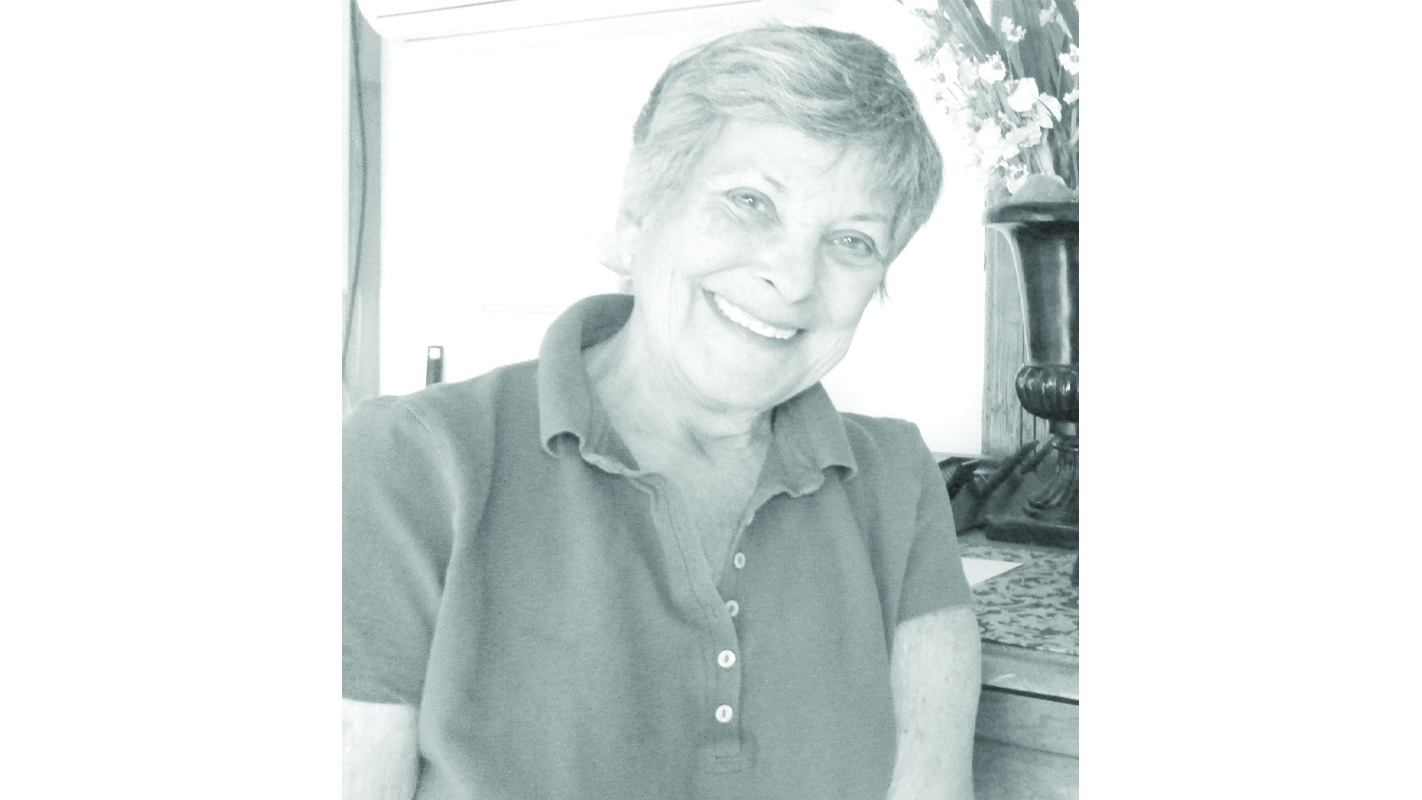By Dian Cohen
Local Journalism Initiative
I’m a planner. I like deciding in advance what to do, how and when to do it. I feel more comfortable when I get up in the morning and know what I’m going to do, whether a short-term activity like going to the store or a long-term activity like reviewing my investment and savings decisions.
The few surveys that have been done on this subject suggest that most people don’t have a life plan to guide them. Maybe that’s okay, but my mail over the last few months suggests that people are uneasy about what they do day-to-day: increasingly, I am being asked “How do I plan for the future?”
The unease is palpable and understandable. Are COVID restrictions and variants increasing or not? Is inflation out of control? Is the stock market going to crash? Is my pension safe? Should I buy bonds that are safe but pay no interest? Is real estate a good alternative investment? Are my taxes going up to pay down the deficit? WHAT SHOULD I DO?
Because my bias is toward planning, here are a few opinions about our world right here in Quebec. That’s all they are – opinions based on as-recent-evidence-as-I-can-find and a few years of past experience. There is no perfect plan because planning involves forecasting a future we can only guess at. Nevertheless, for me, deciding to act is more comfortable than leaving my fate to the gods.
Inflation: This inflation doesn’t look like it will correct itself soon. It is caused and fed by COVID, which, because of lockdowns at different times and in different countries has resulted in supply chains being out-of-whack. Component parts aren’t where they should be, minerals aren’t being mined, crops aren’t being transported, pigs aren’t being slaughtered… In addition to that, there’s something psychological going on: working people are re-examining their working lives – never before have there been so many open job offerings at the same time as there are hundreds of thousands of unemployed people. Price is what equates supply and demand. Until supply increases, prices will stagger upward.
The stock market: There will be a significant correction in the stock market – I don’t know what will trigger it or when. It can continue to go higher for longer than we may think. By almost all metrics, stock valuations are higher than they have ever been in recent history. Be sure you know what you own. Is it a mutual fund? Has an advisor recommended it? Be as confident as you can be that the stocks that you own are companies with little debt and a solid record of growth and dividend growth. Be cautious about putting new money into the market.
Pensions: Your Canada and Quebec pensions are safe. The Chief Actuary of Canada says the CPP is sustainable over a 75-year projection period. The CPP Investment Board invests all over the world and has had a return of more than 8 per cent over the past five years. The Caisse de depot et placements that manages money from your QPP premiums boasts an 8.5 per cent return over the past five years and a 5.6 per cent return this year. The QPP board has raised premium rates to compensate for Quebec’s rapidly aging population and other demographic changes. If you have a defined benefit pension at work, be thankful, since there are few of them left, and ask questions about how the plan is managed. If you have a defined-contribution plan either at work or through your RRSP, same opinion – be sure you know what you own. Ditto if you’re retired and have a RRIF.
Bonds: In the olden days the rule-of-thumb was to have 60 per cent of your assets in company shares that grow in value and 40 per cent of your assets in money you lend out for a fixed rate of interest – the money didn’t grow but you were guaranteed to get the interest every quarter and your money back after a specified number of years. Now that interest rates are closing in on zero, that doesn’t sound like a great plan. For sure the 60/40 rule is dead. If you have a pension plan you don’t manage, unless they hold higher-rated, higher-quality investments like investment-grade corporate and municipal bonds that yield significantly more than zero, they are jeopardizing their ability to meet their financial obligations. If you’re investing on your own, you can look at this asset class too. Knowledge and caution for the bond market as well as the stock market.
Real estate: For many generations, a home or an income property was one way to ensure that your assets would rise in value. I’m not sure that is true today – the price you pay matters. I’d sit it out for the time being — prices in Quebec are up 11-22 per cent over this past year – this doesn’t mean that they’re going to crash, or even fall. But you have a good chance of overpaying, you may tie up too much of your money. There will be homebuying options at more reasonable prices under less pressure one or two years from now. Mortgage rates may be up a bit, but they will still be low by historical standards. If you’re looking for investments, you can look at the real-estate investment trust market (REITs).
Taxes: If history and logic are a guide, policy makers who are short of money will raise taxes. At some point, printing money will give way to trying to collect more from people – not just through income taxes, but as a way of making people behave differently.
Dian Cohen is an economist and a founding organizer of the Massawippi Valley Foundation.
Cohendian560@gmail.com






